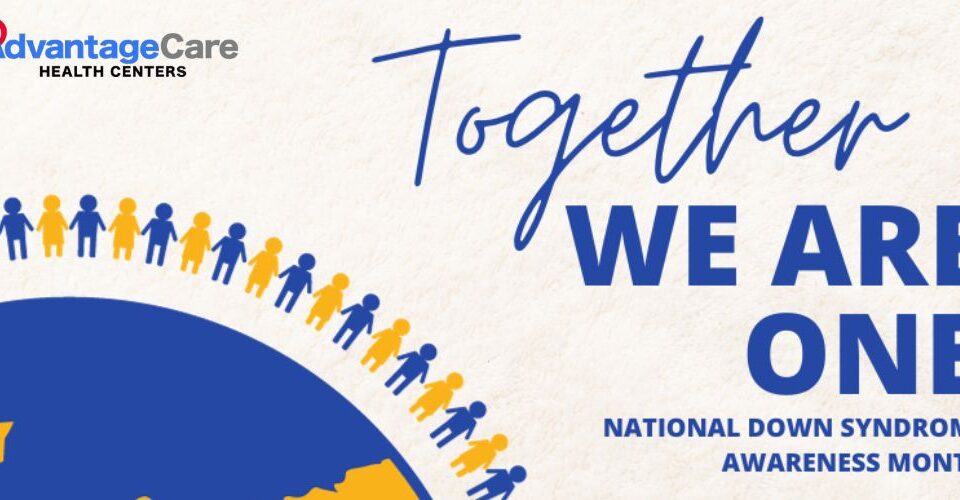
Childhood Mental Disorders: Learn to Recognize the Signs of Trouble
February 26, 2021
5 Facts About Down Syndrome Parents Need to Know
March 30, 2021
We’ve all felt butterflies in the stomach about making a big decision or taking an important test. These everyday worries don’t typically disrupt daily functioning like anxiety disorders do. But it can be difficult to tell when your worrying is a potential mental health concern. If you have ever wondered, “do I have anxiety,” find out how to recognize it and where to go for help if you need it.
What are Anxiety Disorders?
According to MentalHealth.gov, “People with anxiety disorders respond to certain objects or situations with fear and dread. They have physical reactions to those objects, such as a rapid heartbeat and sweating.”
An individual may be diagnosed with an anxiety disorder if they show:
- Inappropriate responses to situations
- An inability to control behavior
- Their life has been altered due to its symptoms
If you are experiencing (any or all) of these problems, you might have your answer to the question “do I have anxiety?”

5 Different Types of Disorders
An anxiety disorder can manifest itself in several different forms. The five major types of anxiety disorders are:
- Generalized Anxiety Disorder
- Obsessive-Compulsive Disorder
- Panic Disorder
- Post-Traumatic Stress Disorder
- Social Anxiety
If you are diagnosed with one or more of these disorders, you might consider asking for help managing its symptoms.
Worrying is Just One Symptom of Anxiety
Worrying is different than having an anxiety disorder. For example, you would probably become worried about future events like a new job. But when these thoughts spiral out of control and prevent you from going to work or leaving your home, you might be experiencing symptoms of an anxiety disorder.

Answering the Question ‘Do I have Anxiety?’
Since the two may feel somewhat similar, it’s helpful to be able to recognize the differences. Then, you can better identify when is the right time to ask for help.
How to Tell the Difference Between the Two
- Worry is usually manifested in thoughts, while anxiety has physical symptoms.
- Anxiety creates more severe emotional distress than worrying does.
- Worrying focuses on specific events like arriving on time, while anxiety generally centers around more general concerns such as traveling.
- Anxiety can become uncontrollable, while worrying is generally not.
- Worrying may come and go, but anxiety tends to linger.
- Anxiety disorders often impact professional and personal functioning.
The Advantage Care Team is Here to Help
If you are still asking yourself “do I have anxiety?”, a professional opinion might put your mind at ease. Advantage Care Health Centers’ mental/behavioral health team can provide you with personalized services to improve your mental wellness.
Request a virtual tele-health or in-person appointment today.





